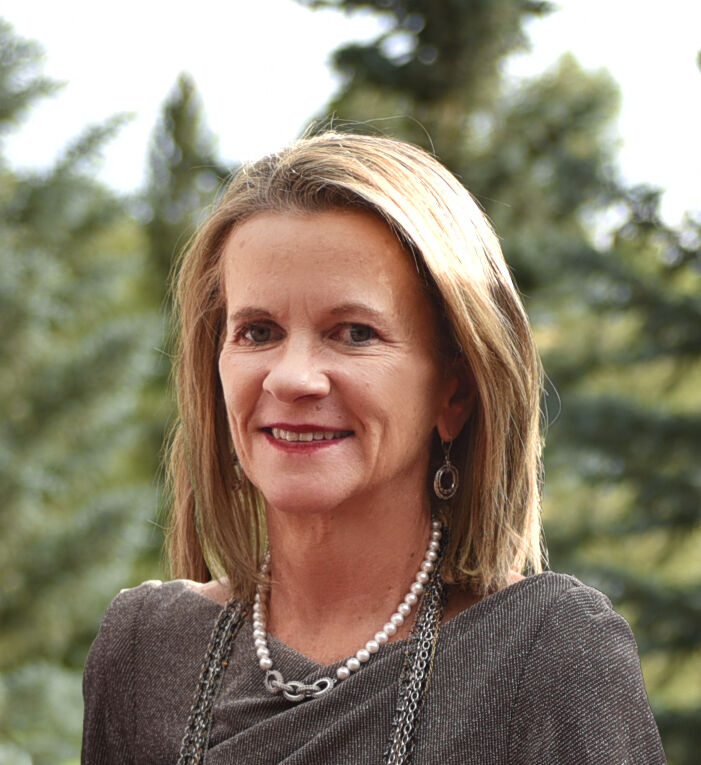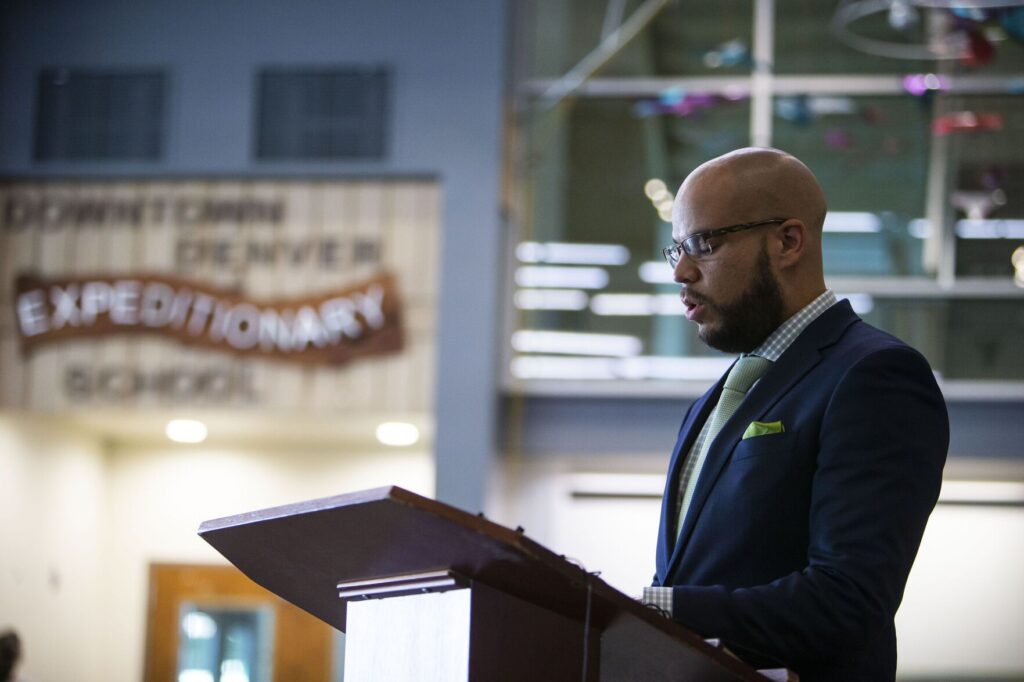THE PODIUM | YouTube canceled our free speech


We now have two strikes against us. If we run afoul of the capricious censors again, our account will be deleted. Threatened with a strikeout, Steamboat Institute is willing to go down swinging, illustrating how this censorship poses a grave threat to Americans’ free speech and political understanding.
On March 25, Steamboat Institute hosted John and Elizabeth Eastman, visiting professors at CU Boulder, for a two-part event in Steamboat Springs. Part One consisted of a discussion with both professors about political engagement. While insightful and compelling, their remarks were standard political fare.
Part Two featured a one-on-one interview between John Eastman and Amber Athey, an editor at The Spectator USA and a Steamboat Institute Blankley Fellow. Professor Eastman had represented President Trump following the election, and he believed that it had been marred by fraud. While Steamboat Institute doesn’t necessarily share his opinion, we respect Professor Eastman and invited him to share his insider’s perspective because we believe in free and robust debate.
YouTube banned us from uploading this discussion and gave our account a strike. Does a private social media company have the right to ban political content with a clear potential to encourage further political violence? Of course. But such political censorship on these 21st-century versions of the town square should be exceedingly limited. Once any imminent threat has passed, non-incendiary, analytical remarks such as those made by Professor Eastman should be allowed in a free society.
Since this initial censorship, the consequences of social media restrictions have become more apparent. For instance, social platforms relentlessly censored COVID-19 speech that diverged from the public health party line, notably banning all mention that COVID originated from a lab. Yet now that government officials accept this man-made theory as a dominant origin hypothesis, social media companies have quietly ended this censorship. We likely would have known the COVID origins far sooner – with attendant benefits for public health and geopolitics – if social platforms had allowed free debate.
Those in positions of power – and who has more power than social media companies today? – rarely learn from their mistakes. Their censorship mission creep continues. In recent months, they have censored reporting on the homes owned by a Black Lives Matters executive, extended the ban on former President Trump’s accounts, and expanded their restrictions on other COVID “false” claims. These content restrictions are becoming increasingly arbitrary and political.
To wit: Steamboat Institute recently discovered that Part One of the Eastman event, featuring John and Elizabeth’s discussion of political engagement, had also been censored and that we had received another strike against us. We didn’t receive any forewarning or information about what specific policies we had broken – just a black screen where the video used to be and the message: “This video has been removed for violating YouTube’s Terms of Service.” This is an outrageous overreach of censorship power.
I still believe there is a solution to social media censorship short of government intervention. These companies, birthed in the libertarian ethos of Silicon Valley and corrupted by Washington, D.C., politicians, can return to their roots and rediscover the fundamental liberal principle of robust and free debate. Steamboat Institute hopes it can make this case to them and all Americans before they strip us of our public platform.













